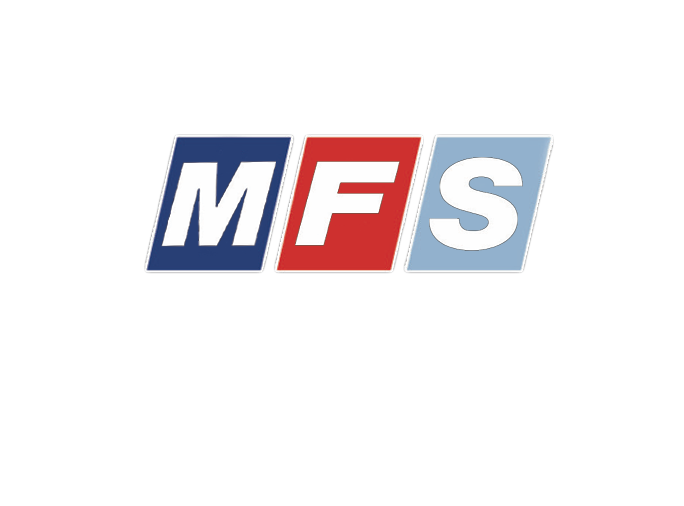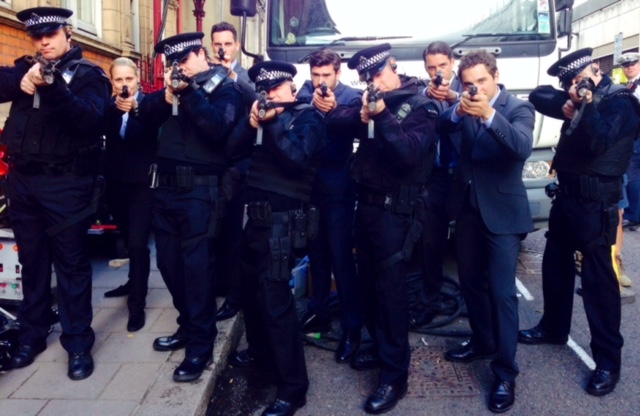On Set Etiquette
Below is an industry standard guide of what to expect, and how to behave on a film set. Whilst some points may seem obvious, it is easy to be caught out by others.
Call Times
Your Call Time is the time by which you must be on-set and ready for filming. MFS or the Production Company will either tell you your Call Time when they first contact you about the job, or they may ask you to ring them back later to find it out once the filming schedule is finalized.
Punctuality
Luckily this is rarely an issue with serving and ex-military personnel! When you are given your call time write it down and make sure you turn up on set on time (with flex). Production companies have complex schedules to film specific scenes at specific times and they will not wait around for you. If you are late the production crew will not be happy and your job will likely be given to someone else and you will not get paid. In film, time is definitely money.
Make sure you have enough time to get to the film set and don’t rely on internet route finders for accuracy. If using public transport, check the timetables and catch the earlier bus or train. Also don’t assume that public transport will be regular for very early starts or late finishes.
Clothing
You will most likely be provided with military uniform/rig on set (hence the importance of providing accurate (and in date) measurements) and MFS or a member of the production team will tell you what to wear; however if you haven’t been contacted, try to find out what you need to wear for filming as early as possible.
If you are told to bring your own kit note down/photograph what you take and bring a bag with you in case you are issued with different kit on the day.
Make sure you take something warm to wear during the long breaks between filming because you might not have somewhere warm to wait.
On Arrival
On arrival sign in with a member of the production staff to let them know you've arrived. This may be someone from the agency or it could be a member of the production crew. Make sure you know in advance who this person is. If you don't sign in, the production company has no way of knowing you have arrived and your job may be given to someone else. More importantly, if you do not sign in you will not get paid!
Waiting Around
If filming is not ready to begin, find out if there is somewhere for the Background Artistes to wait. You may have somewhere warm and comfortable to wait for filming to start but, if you are on location, you could only basic cover form the elements. There may also be long waiting periods between filming but please be patient. None of the production staff or crew enjoy the long delays but they're unavoidable, so take them in your stride and don't start complaining – again, military personnel seem less affected!
Bring a book, magazine or newspaper paper to read – students sometimes bring work (within reason).
General Conduct
It is essential that you conduct yourself in a professional and helpful manner to everyone around you throughout your time on set - plus you are more likely to be recommended for other films by production staff or crew.
Do Homework
Learn the basic words and phrases used by the production team. Check out our useful FAQ's - Equipment Terms, Job Titles and Technical Terms.
Don’t Stray
Don't wander off without letting the person in charge know where you are going because instructions for filming can be given at any time. Even if you're just nipping to the loo, make sure that you ask and that the relevant people know where you are.
Don't Ask for Autographs
Do not go hunting for autographs; the set is definitely the wrong place to ask.
Don't get Star-Struck
As with autographs, don't wander around the set pointing out the famous to the other Background Artistes. Many actors just don't like it and its the last thing they want while they are trying to work is someone staring and pointing. Though sometimes it is hard to remember!
Don't Refer to the Actor by the Character Name
It's polite and courteous to refer to the actor by their real name. It also demonstrates your professionalism and familiarity with the environment. However, don't be too informal and refer to them as Mr, Mrs or Ms unless they state otherwise.
Don't Talk to the Actors
For some actors, especially method actors trying to immerse themselves fully in their role, it's important not to have distractions. Whilst it may feel like you know them personally just let them get on with their job. If they want to chat with you then they’ll no doubt make it clear. They are under huge pressure to make the scene work, however relaxed they may look - don't distract them from their work.
No Photos
Never take a camera on set. Film companies just don't like it. Many films are protected by copyright and you would be infringing this if you took photos on set. You will be removed from the set.
Turn off your Mobile Phone
That means completely off - not just on silent mode. Many productions use radio mikes for sound and the signal from a mobile phone set to silent will be picked up on these.
Follow ALL the Director's Instructions
If the Director calls for silence during filming, don't whisper. The sound equipment is very sensitive and your whispering can be picked up on the recording. Practice the art of miming. You may be asked to mime a conversation so try to act natural and don't "ham it up". If you happen to make a mistake, don't draw attention to it (e.g. suddenly turning around and saying "sorry" to everyone). It may not have been picked up on camera. That said, if someone does shout "CUT" because of your error, a simple "sorry" isn't a bad thing - mistakes do happen, after all.
Continuity
If your scene is in a pub or restaurant and you have a glass of wine for a prop, do not actually drink from it. The scene may need to be filmed several times from a number of angles and abrupt changes in the level of wine in your glass could cause continuity problems for the editing crew. Simply mime drinking and make sure to hold the glass so that your hand covers the level of the fluid.
This also applies to hair and clothing, body positioning or actions you are asked to do. Don’t change the object you are holding to another hand or swap your crossed legs if sitting etc all this could limit how the film can be cut together in the edit suite and limit the shots that can be used.
Don't Wave at or Look at the Camera
This sounds like an obvious rule but you'd be surprised how many people break it. You may be asked to look in the general direction of the camera for a particular shot and with all of the activity going on behind the camera, it's very tempting to risk a quick, sneaky glance into the lens. If you do this, it will be noticed at a later date and you may be called back because the scene needs to be re-filmed. If that happens, you probably won't be very popular with the cast and crew - who also have to re- shoot the scene. Or of course you could simply end up on the cutting room floor.
Refreshments
The production catering facilities can be varied. They may have a canteen, a catering bus or just vending machines. Take some money with you just in case you need to pay. Also, remember that the cast and crew will be fed before the supporting artists (they've probably been up longer than you) so don't make a beeline for the catering van when you know the food is available. You will be fed last.
If you have special dietary requirements, please don't assume that these will be catered for. It's better to have some food in your bag if filming takes longer than expected. If you do bring your own food, please do not consume it during filming. You may be called for filming at very short notice and it doesn't look very good if you've got your mouth full or have to delay by packing up your sandwiches.
Dispose of any litter responsibly. Some production companies will allow you to grab a coffee while you're waiting. Please don't just drop the cups around the set or leave them in a doorway - they will be noticed. If necessary, take your litter home with you.
Before you Leave
When filming is finished, you should speak to the appropriate person on set
about signing a release form and "signing off". This is your proof that you have been working on set and have completed the work and been released. It has to be signed by you and a representative of the production team. Without it, you won’t appear in the film and you won't get paid.

